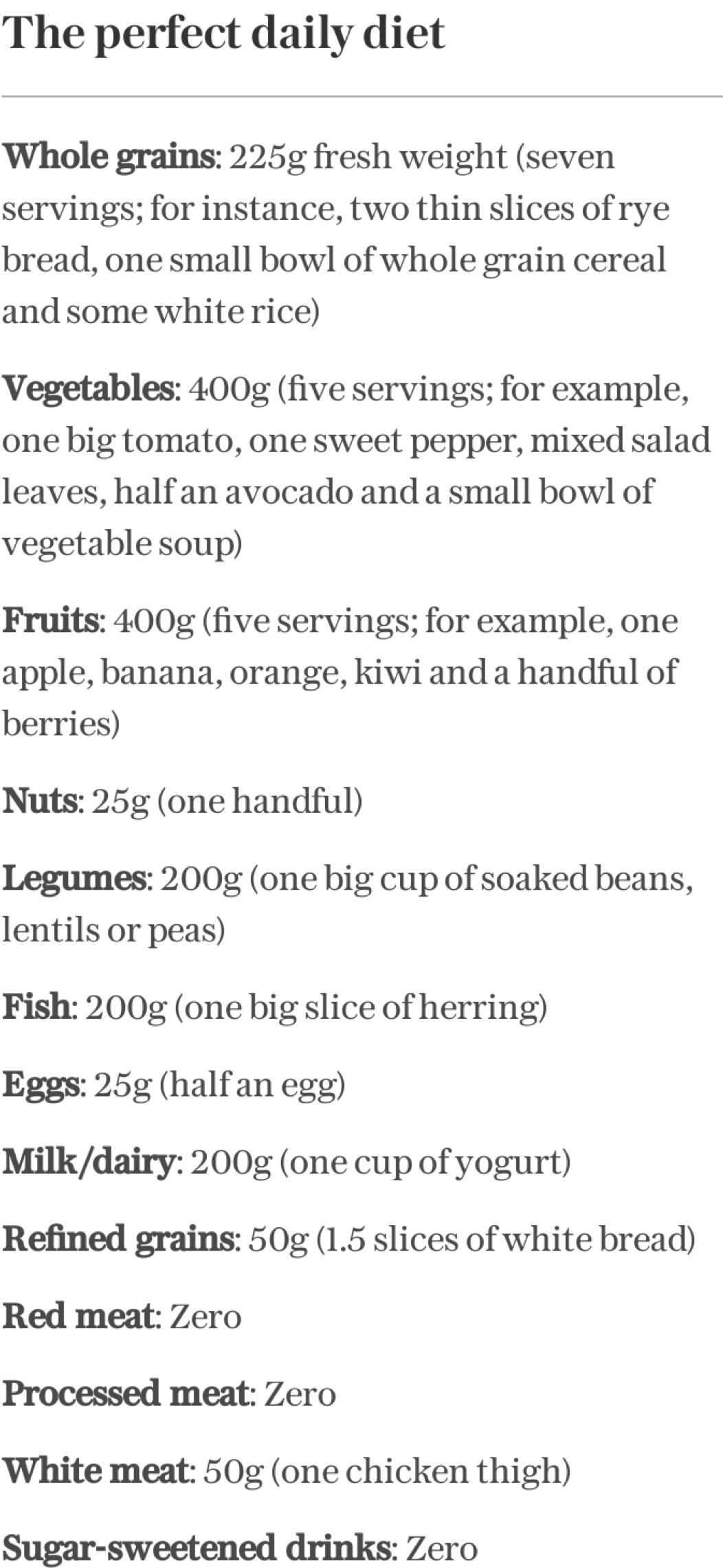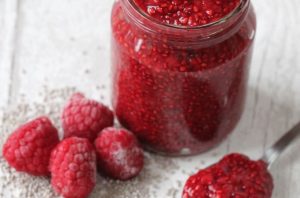
Norwegian researchers claim to have the answer to boost life expectancy – but it does involve midlifers removing some old favourites.
Removing steak, sausages and bacon from your diet at the age of 60 in favour of more fish, nuts and beans can add almost a decade onto your life, a study has found.
Myriad studies show that red and processed meats are bad for health, and they have been linked to an increased risk of cancer, heart disease and high blood pressure.
A new study from researchers at the University of Bergen, Norway, has discovered that following an “optimal diet” from the age of 60 adds 9.1 years to the life expectancy of a 60-year-old European man, and 8.1 years for a woman.
Switching from what the researchers called a “traditional Western diet” to a more nutritious menu at the age of 60 means that a man can expect to live to 90, opposed to 81 if he was to stick to his old habits. An average woman of 60 will reach 93, up from 85, the study claimed.
The overall increase in expected lifespan is greater if a person adopts the overhauled feeding regimen at an earlier age, but not by much.
For example, if a 20-year-old woman subscribed to the perfect diet, she would add 10.4 years to her life expectancy – just 2.3 years more than if she was to make the change after consuming sugary drinks and bacon butties while avoiding lentil soup for four decades.
In your 80s? You’ll add an extra three years
Older people can still benefit, the scientists found, as making the change at 80 still adds more than three years to a person’s life expectancy.
While the optimal diet has clear benefits for longer life, it comes at a hefty cost. Red and processed meat are banned, for example, as are drinks sweetened with sugar.
On any given day, the diet states that a person should eat no more than 50g (1.8oz) of white meat – roughly one chicken thigh, 50g of refined grains and half an egg.
Vegetables, fruit, and legumes, however, should become stalwarts, consumed en masse.
In the paper, the researchers stated that the ideal diet features 400g (14oz) of both fruits and vegetables, akin to 10 portions, twice the five-a-day touted by health experts.
As an example, this would mean eating one big tomato, one sweet pepper, mixed salad leaves, half an avocado, a small bowl of vegetable soup, one banana, one orange, one apple, one kiwi and a handful of berries every single day.
The researchers created a computer model which takes into account where a person lives, how old they are and their gender in order to gauge the impact of an improved diet.
How the diet add could add up
This provided the backbone for the peer-reviewed study, published on Tuesday in the journal Plos Medicine, and subsequently turned into an online tool called the Food4HealthyLife calculator, where a person can input their diet and see how it alters their life expectancy.
Understanding the relative health potential of different food groups could enable people to make feasible and significant health gains,” the researchers said.
“The Food4HealthyLife calculator could be a useful tool for clinicians, policymakers, and lay-people to understand the health impact of dietary choices.”
The model and calculator breaks down where the biggest gains to life expectancy come from, and eating more legumes was the single best thing a person could do.
Going from none a day, as is typical in the Western diet, to 200g (seven ounces), the same as one big cup of soaked beans, lentils or peas, adds 1.6 years to a 60-year-old’s life expectancy.
Eating 200g of fish a day, roughly one large slice of herring, adds 0.4 years on its own, while skipping red and processed meat adds 1.2 years each.
Dr Lars Fadnes, the lead author of the paper, added: “Research until now has shown health benefits associated with separate food groups or specific diet patterns but given limited information on the health impact of other diet changes. Our modelling methodology has bridged this gap.”
British meat ‘good for the environment’
Gwyn Howells, a sheep farmer in Ponterwyd and the chief executive of Hybu Cig Cymru (Meat Promotion Wales), told The Telegraph: “Red meat is a vital part of a healthy balanced diet contributing essential protein and nutrients such as iron, zinc and vitamin B12.
“But moreover, buying locally-made high quality British and Welsh meat is healthy for us and the environment.
“Unlike overseas food production which can come with higher carbon footprints and high use of chemicals and medicines, the grass which British cattle eat absorb and store thousands of tonnes of carbon, maintaining our iconic British countryside, home to a huge wealth of biodiversity.”
For premium Slay Fitness artisan supplements CLICK HERE
BUY SLAY NETWORK NFTs on BITCLOUT
By Telegraph






